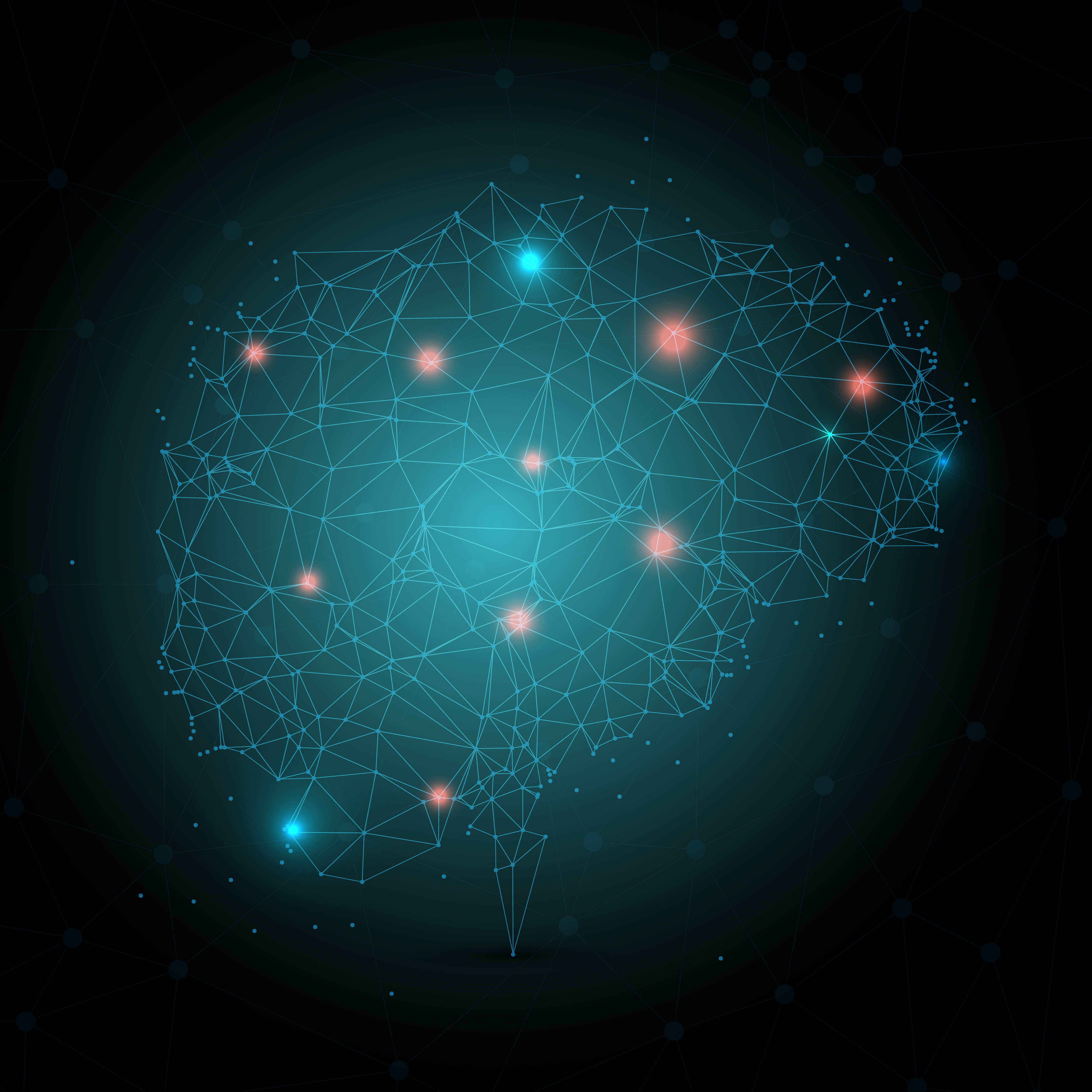

There was a similar question at another community. I’ll verbatim my reply:
As a syncretic Luciferian currently, I’d say esoteric and occult books/grimoires as well. Everything that’s deemed “demonic” by christianity should be safely archived.
There are many, many authors and books that hold importance for esoteric and occult studies and practices.
An example that comes to mind are the books written by Anton LaVey, especially the The Satanic Bible. As he was american, so are his books’ first copies from, so a greater risk of those copies being seized or something.
While this risk wouldn’t be the same for all corpora written by Aleister Crowley, as he was English so the first copies aren’t at american soil (if I guessed correctly), I’m not sure how far a christotyrannical regime would go for “serving God’s will”.
So, in summary, I’d say everything should be archived. Both physically and digitally. It’s worth mentioning how Internet Archive is being attacked: the Internet Archive holds many digital copies of important esoteric and occult knowledge as well. If Internet Archive goes permanently down, it’d ripple to other sites such as sacred-texts.



















Aside from downloading and changing PKGBUILD directly, there is an AUR helper named Paru that shows the PKGBUILD contents before using it to build the package. I’m not sure, but seems like it opens inside a terminal text editor, so you can make changes before building.